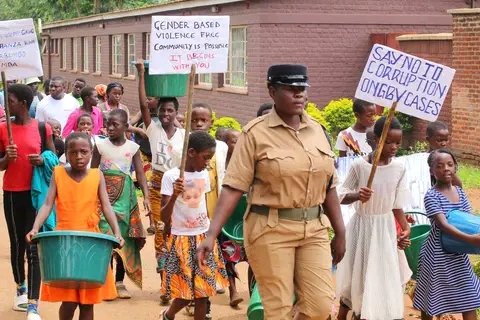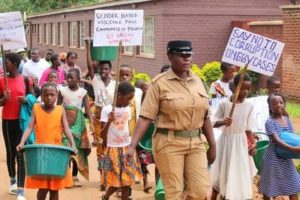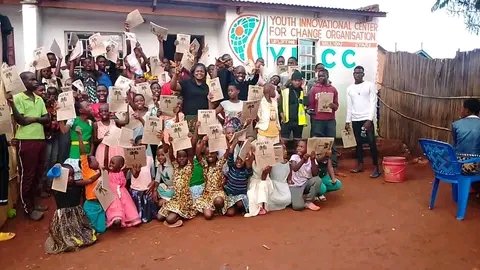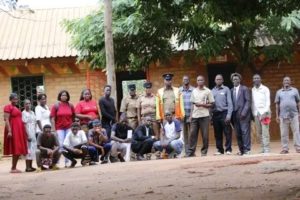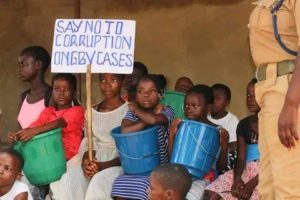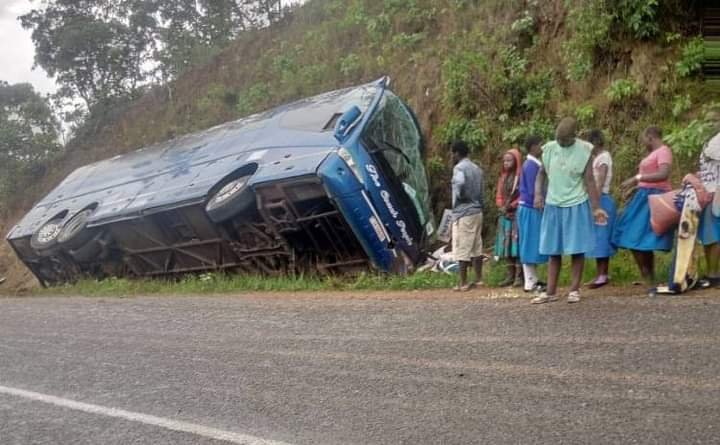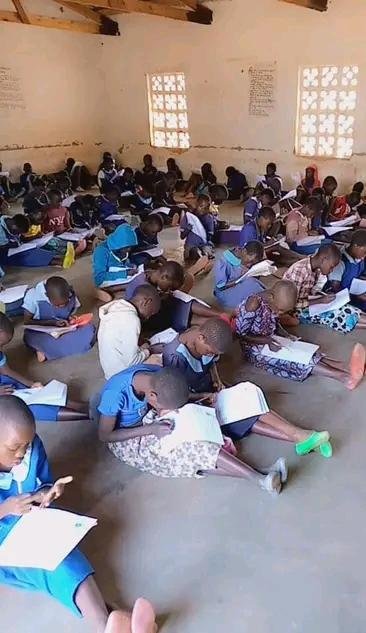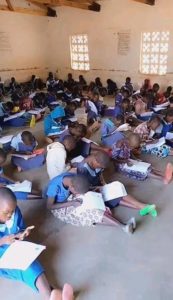By Chisomo Phiri
Malawi’s power generation company, Malawi Energy Regulatory Authority (MERA) says it will from January to February,2023 conduct public hearings on the proposed 99 percent electricity tarrif hike.
MERA Chief Executive Officer Henry Kachaje disclosed this on Tuesday January 3,2022 when he met the Public Accounts Committee of Parliament regarding the issue.

In his speech, Kachaje emphasised that the public needs to give input into the tarrif adjustment proposal, which was made by Electricity Supply Corporation of Malawi and Power Market Limited, before a decision is made
” We want to hear peoples’ decision on the proposed electricity tariff hike.
“After that, we will take a next step,” said Kachaje.
The news that MERA wants to increase electricity tariffs by 99% did not go well with majority, saying the hike is too much for many to afford.
The Electricity Supply Corporation of Malawi (ESCOM) is proposing a 99 percent electricity tariff hike for the four-year period starting from October 2022 to October 2026.
In the Application, Escom wants electricity tariffs raised by K187.98 per kwh, a hike from the current K104 per Kwh.





